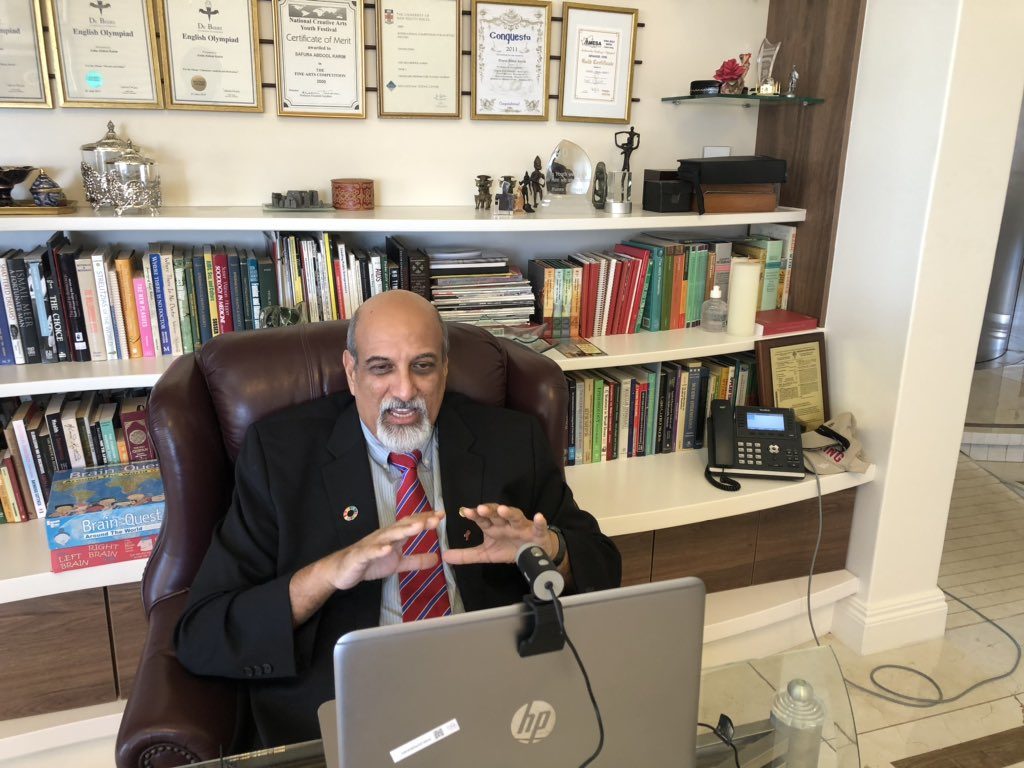The new 501.V2 COVID-19 variant may be more infectious and spread faster, but there is no evidence that it is more severe than the initial strain, says epidemiologist Professor Salim Abdool Karim.
Speaking during a Scientific webinar on COVID-19 and the 501.V2 Variant on Monday [January 18], Abdool Karim explained that the variant, which is driving the second wave of infections in South Africa and has 23 mutations, spreads much faster but has not caused a significant increase in mortality rates.
“It’s left to be seen whether it will end faster, but certainly it has spread much faster. In this study undertaken by colleagues at a London school, they found that the 501Y.V2 variant is 50% more transmissible than the previous variants we have in South Africa,” he said.
“The current data indicates that the virus is not causing more severe disease, but it is putting huge pressure on hospitals and we may see in due course an increase that’s just from the lack of hospital beds and the pressure on the healthcare system, but certainly at this stage we are not seeing an increase in mortality rates.”
Addressing concerns the vaccine will be less effective against this new variant, Abdool Karim said there is no certainty as of yet and scientists are still waiting on data to determine its efficacy. However, he adds that people should not hesitate to take the vaccine, as it could save lives.
Health Minister Dr Zweli Mkhize added that there has been a recent decline in new cases nationally. However, hospitals remain under severe pressure.
“This week has seen some promising signs of decline in transmission – yesterday we noted a 23% decrease in new cases nationally compared to 7-days prior. This could be attributable to many factors, including enhanced physical distancing facilitated by lockdown regulations.
“Having said that, the health care system continues to experience significant strain with hospitalisations continuing to trend upwards, showing an 18,3% increase on 16 January compared to 7-days prior. As at 16 January, nearly 18 000 (17 878) patients were admitted, with 2472 in ICU, 1117 on ventilators and 5 850 requiring oxygen.”
Picture: Twitter / Salim Abdool Karim

